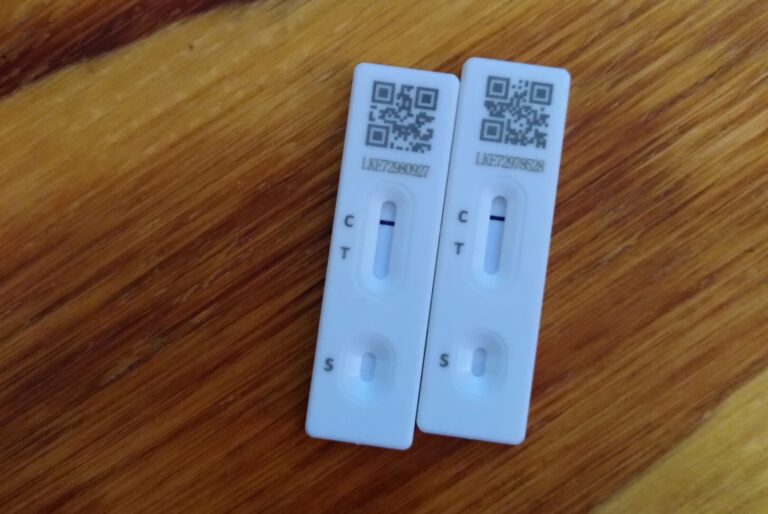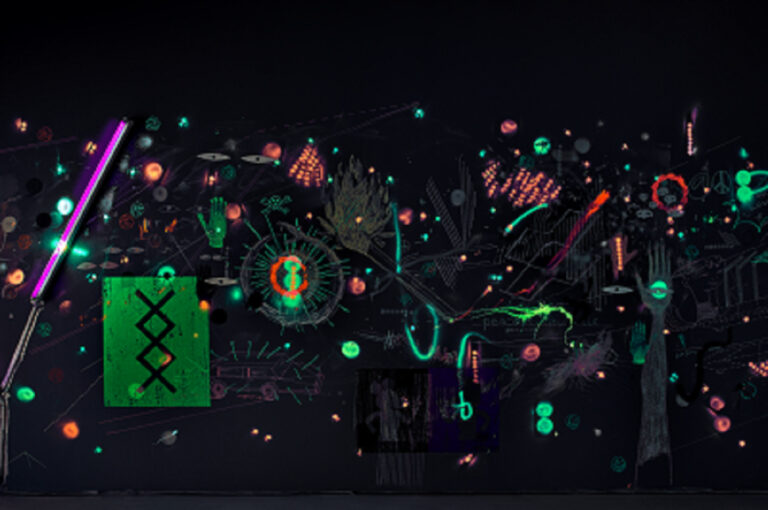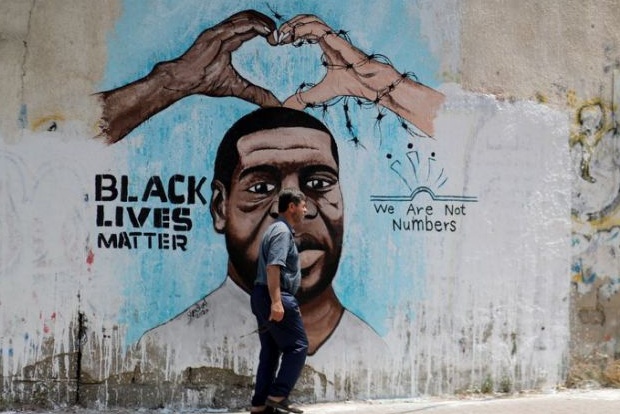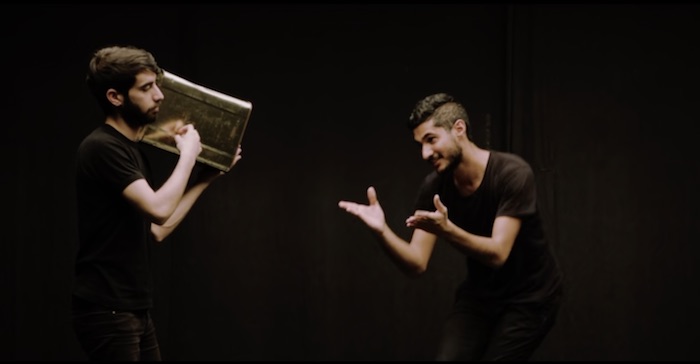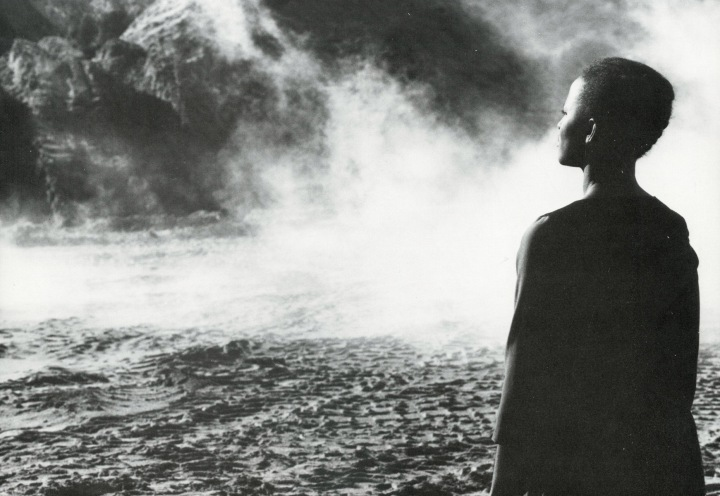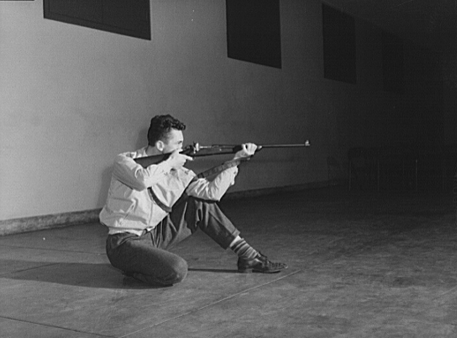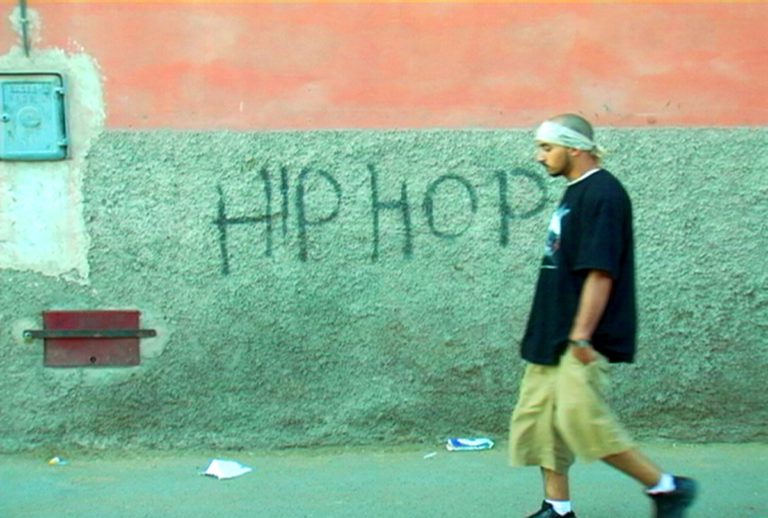The COVID-19 pandemic and the response of the government of the United Kingdom have exacerbated deep-seated inequalities. People of color and disabled people have been disproportionately impacted during the pandemic. This essay has two authors, Sophie, a white disabled academic from England, and Denise, an Asian music therapist from Hong Kong; we are friends who live in Bristol. By examining our understanding of the pandemic through our lived experiences and identities, we provide transparency for engaging with our individual and shared perspectives. We use Mia Mingus’s concept of access intimacy to characterize our friendship as one which prioritizes accessibility and a deep understanding of each other’s realities whilst respecting and learning from our differences. We explore the idea of vulnerability and what it means to be made vulnerable during COVID, as well as the notion of ungrievability. Through engaging the concept of embodied belonging we address care as a necessity in response to all the ways in which this pandemic has highlighted and exacerbated vulnerability, ungrievability, and challenges to finding a sense of belonging. We demonstrate solidarity, empathy, joy, love, respect, and a deep reverence for each other and our journeys through hostile environments, providing a counterpoint to the neoliberal structures of oppression as we find ways to live, create, and flourish.
Keyword: racism
Introduction—Corona A(e)ffects: Radical Affectivities of Dissent and Hope
Right from the emergence of the ongoing COVID-19 pandemic, national governments and international institutions have been relentlessly qualifying it as an “unprecedented” event. We have been told that the virus sees no color or class and that equal sacrifices from each one of us are and continue to be necessary to contain its spread. We have been instructed to look at the virus in scientific, neutral terms as if we had equal chances of being affected by it—as if its routes, that is, did not follow the roots of sedimented histories of oppression, exploitation, dispossession, and structural violence. This forum departs from such narratives to look at how the current COVID-19 pandemic intersects with other pre-existing and enduring pandemics, such as those produced by racism, capitalism, and speciesism. In building on the emerging critiques by Indigenous, feminist, Black, and queer academics, movements, and activists, the contributions it hosts offer multimedia reflections on affects triggered or evoked by the current pandemic, such as rage, fear, despair, restraint, care, and hope. Coming from different parts of the globe and disciplinary approaches, authors convey the “Corona(virus) a(e)ffects” in multisensorial ways, combining written essays, poetry, videos, and photographs. By contextualizing the ongoing COVID-19 pandemic within a historical legacy of structural violence within and across species, this forum moves beyond deceitfully single-focus and temporally flat narrations. In so doing, it provides a space for the expression of radical affectivities of dissent and hope that its outburst has arguably made only more visible and pressing.
Introduction: Cultural Constructions of Race and Racism in the Middle East and North Africa / Southwest Asia and North Africa
In recent years, scholars in the fields of cultural studies, American studies, history, ethnic studies, and Middle East area studies have approached questions of race and racism in this geographic region with renewed critical vigor. Recent work deconstructing anti-Arab racism and Islamophobia in the Americas and Europe has put these patterns of discrimination into intersectional conversation with anti-Black and anti-Indigenous racism. New historical efforts have drawn attention to the legacies of slavery in the Ottoman, Persian, and Arab Empires, working to understand how forms of racialization and racial hierarchization predated and were exacerbated by the arrival of European imperial forces. At the same time, activists in the region draw attention to prevailing racism against migrant laborers, marginalized indigenous populations, and others as the afterlives of colonialism, war, austerity, and revolution carry on. Together, this academic and activist work asks for attention by leaders, community members, and scholars of this region to the particularities of racecraft in the region: How are “Blackness” and “whiteness” constructed in the Arabic, Hebrew, Persian, and Turkish speaking worlds? What are the obstacles to discussing and identifying race particular to the histories of this region, its peoples, and its histories? This forum uses close readings of popular culture and political discourse across the Middle East and North Africa / Southwest Asia and North Africa (MENA/SWANA) in pursuit of these questions and others.
Co-Option and Erasure: Mizrahi Culture in Israel
Much of the rhetoric around racism and racialized discrimination in Israel centers on Israeli Jewish treatment of Palestinians. However, an examination of the experience of Mizrahi Jews can also be instructive as to the ways that racism and white supremacy function within Israel—through a privileging of Ashkenazi Jews, whose experiences are used to define the contemporary Israeli Jewish experience. For example, Israeli Jewish artist of Yemeni descent Leor Grady’s work addresses the marginalization, erasure, and exile of Yemeni Mizrahi Jews in Israel. In his video work Eye and Heart, Grady highlights how, in its absorption into Israeli folk dance, traditional Yemeni dance has been uprooted from its site of origination and “whitewashed.” Through a discussion of this work and others alongside which it was shown in the exhibition Natural Worker, I argue that Grady’s articulation of the co-option of Yemeni culture by the dominant Ashkenazi (white) Israeli mainstream demonstrates how racialization plays out in the cultural realm of Israel. This method of privileging whiteness can be seen in the Israeli co-option of other Mizrahi and Palestinian cultural elements, such as couscous, hummus, and Arabic words such as “yalla.” This examination of Grady’s work allows for an understanding of how this privileging of whiteness functions within the Jewish Israeli context.
Political Blackness, British Cinema, and the Queer Politics of Memory
This essay queries “political Blackness” as a coalitional antiracist politics in England in the 1970s and 1980s. Contemporary debates on the relevance of political Blackness in contemporary British race politics often forget significant critiques of the concept articulated by feminist and queer scholars, activists and cultural producers. Through close readings of Isaac Julien and Maureen Blackwood’s The Passion of Remembrance and Hanif Kureishi’s Sammy and Rosie Get Laid, this essay examines cinematic engagements with political Blackness by foregrounding the gender and sexual fault lines through which queers and feminists articulated relational solidarities attentive to difference.
The Self-Defeating Notion of the Sovereign Subject in US Gun Culture
The politicization of U.S. gun culture since the 1970s has popularized the idea that individual freedom and security is dependent upon the reclamation of traditionally defined sovereign powers. In this article, I outline how the exercise of popular sovereignty is a social relation of rule often involving extra-legal forms of violence, which regularizes unequal levels of vulnerability and security among various groups. I then address how the so-called sovereign subject, thought to be at the root of popular sovereignty, is conceptually contradictory and practically self-defeating. In practice, attempts to return to a supposed pre-political condition of personal sovereignty in order to secure individual freedom involves dismantling the very social conditions that enable such freedom in the first place.
Review of Political Blackness in Multiracial Britain by Mohan Ambikaipaker (University of Pennsylvania Press)
Mohan Ambikaipaker’s “Political Blackness in Multiracial Britain” is distinctive both for its setting and for its personal engagement. Ambikaipaker practiced “activist anthropology” by carrying out “observant participation” as a caseworker for the Newham Monitoring Project, a community activism organization, over the course of two years. The book alternates between anecdotal accounts of racism and the author’s theoretical and historical framing of those accounts. Ambikaipaker’s writing is compelling, his theoretical grounding is thorough, his empathy is apparent, and the fieldwork underpinning it is considerable and consequential.
From ‘Hip Hop Revolutionaries’ to ‘Terrorist-Thugs’: ‘Blackwashing’ between the Arab Spring and the War on Terror
Rayya El Zein takes up a global analysis of how ideas of blackness, whiteness, and Arabness circulate in post-9/11 media accounts and argues that these concepts work to mediate Western understanding of politics in the Arab world. El Zein unpacks the paradox by which blackwashing is differentially deployed to mark certain Arab subjects as a “good rapper” or a “bad rapper,” and how both of these valences serve to expand neoliberal orientalism through the political familiarity promised by blackness. As an alternative, El Zein suggests attention to the material, historical, and geographic specificities of the power struggles that structure racial capitalism, classism, and racism, especially and essential because of their potential international unrecognizability.
